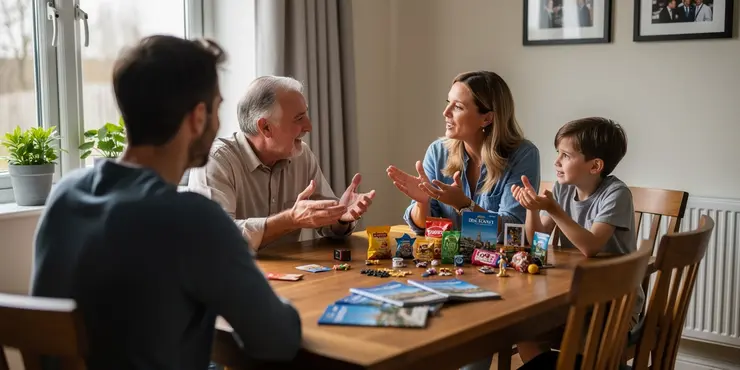
Find Help
More Items From Ergsy search
-
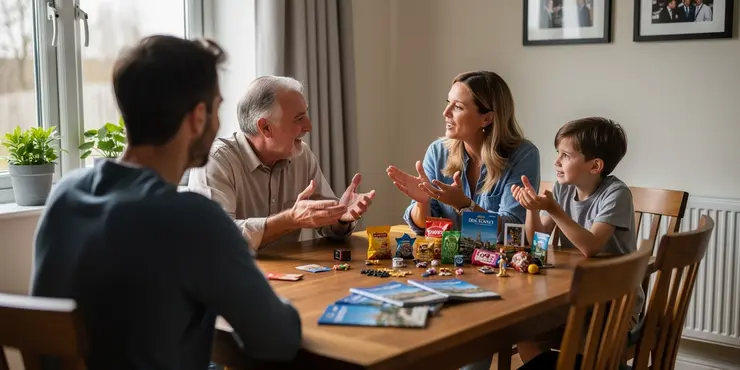
Do I need to declare items bought in the EU when returning to the UK?
Relevance: 100%
-
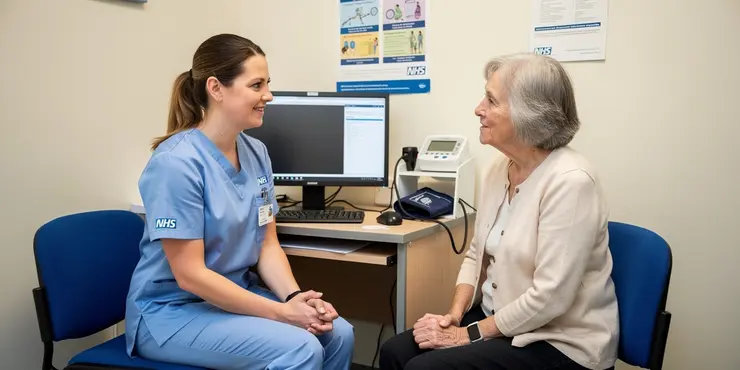
Do I need to declare my ISA income on my tax return?
Relevance: 38%
-
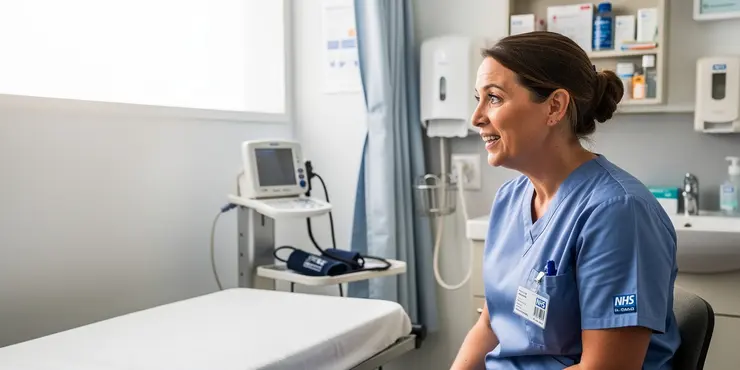
Can UK citizens use mobile phones in the EU without extra charges?
Relevance: 36%
-
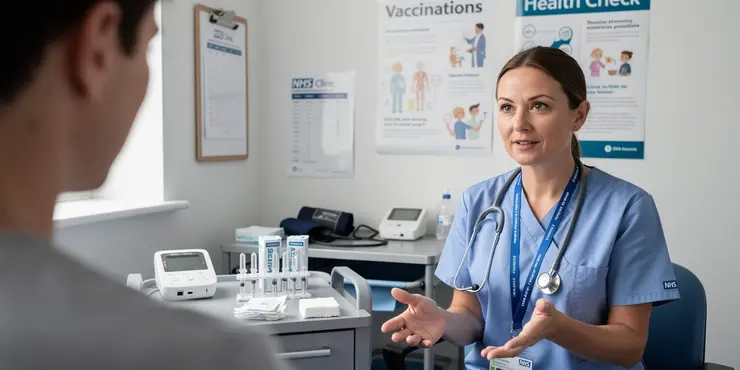
Do I need any vaccine injections for EU countries?
Relevance: 31%
-
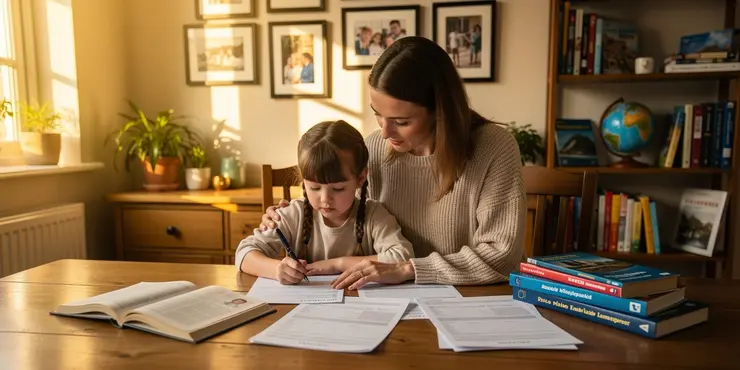
Do children need a separate passport to travel to the EU?
Relevance: 30%
-
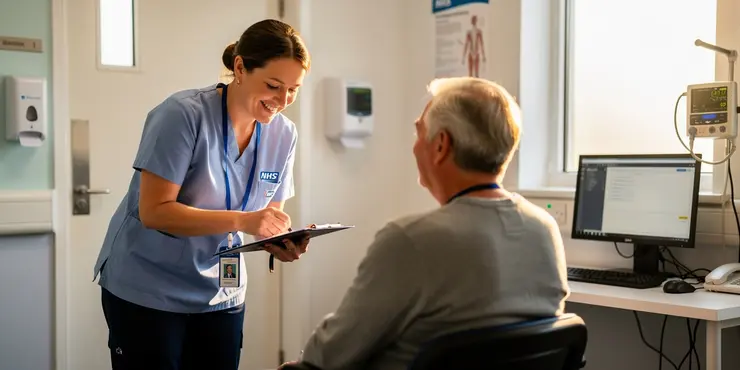
What are the rules for travel to France, Spain, and Europe on a UK passport?
Relevance: 26%
-
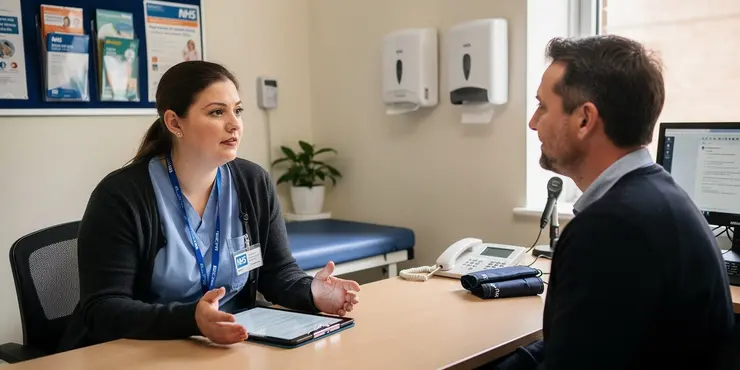
Are there any customs regulations to be aware of when entering France or Spain?
Relevance: 26%
-
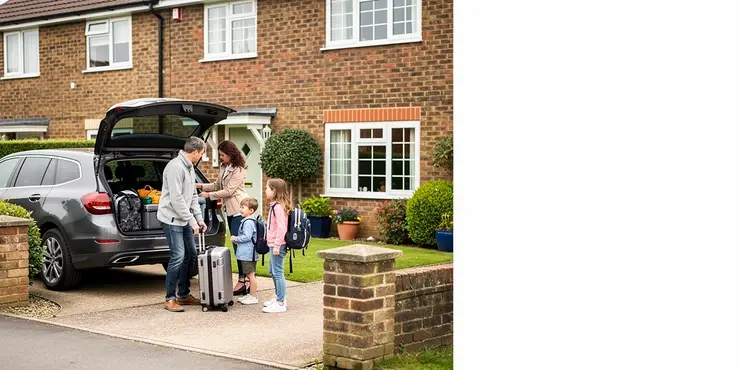
Are there border checks for UK travelers entering France or Spain by car?
Relevance: 23%
-
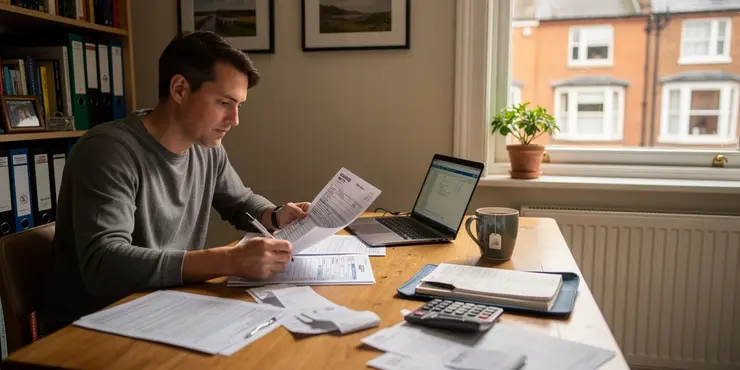
Who needs to file a Self Assessment tax return?
Relevance: 22%
-
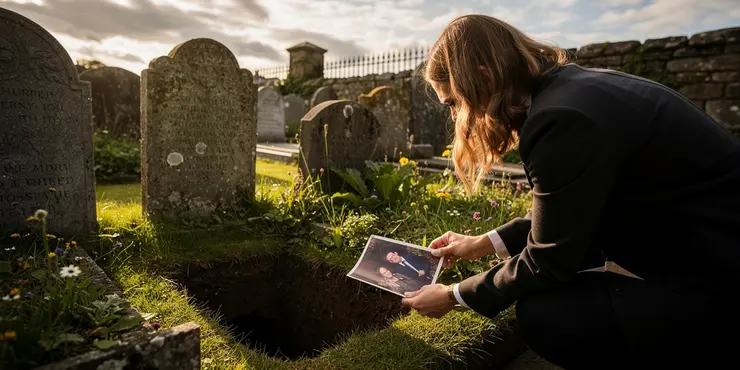
Can personal items be buried with the deceased?
Relevance: 22%
-
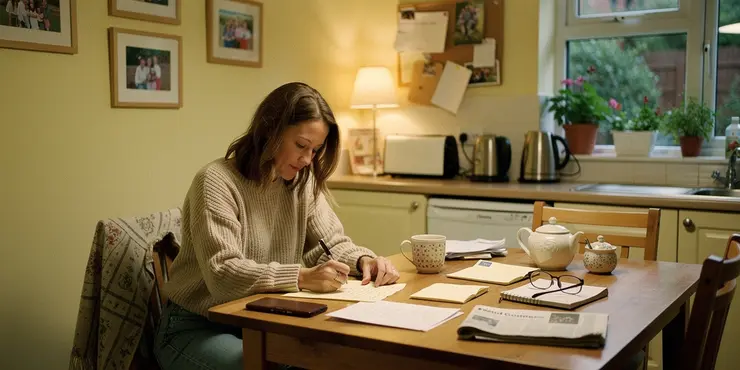
What items can I send to someone in prison?
Relevance: 21%
-
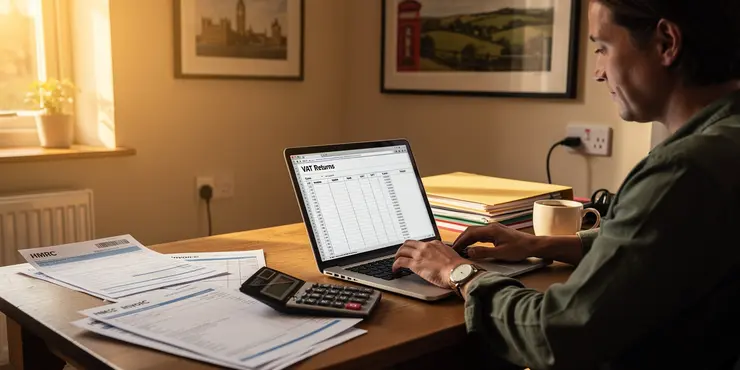
How do I file VAT returns?
Relevance: 20%
-
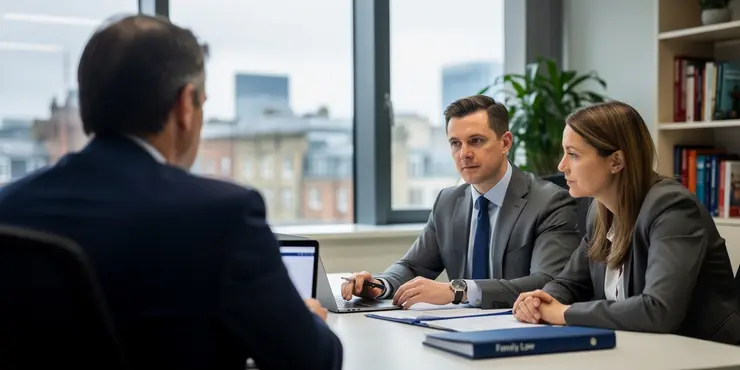
Navigating Post-Brexit Family Law Changes
Relevance: 20%
-
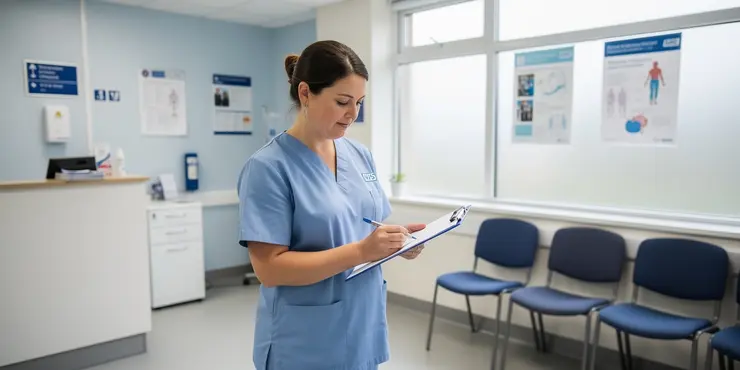
What items should I wash if I have bed bugs?
Relevance: 19%
-
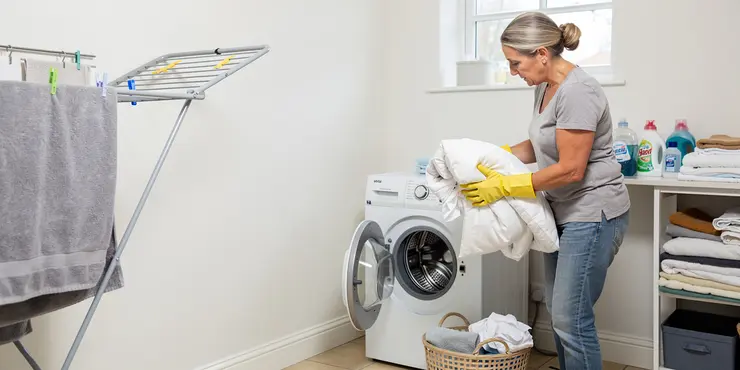
How should household items be cleaned after a scabies infection?
Relevance: 19%
-
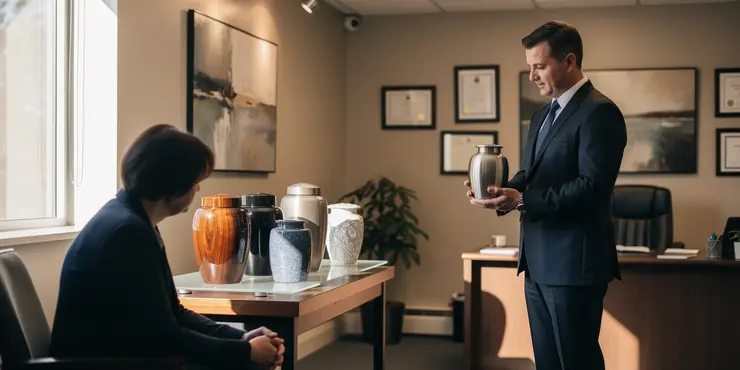
How are ashes returned to the family?
Relevance: 19%
-
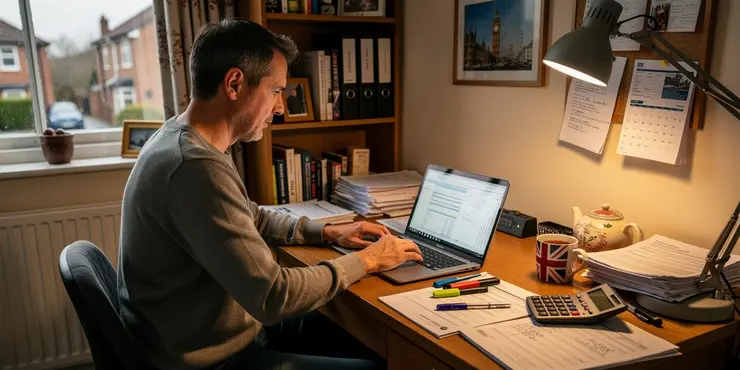
What is a Self Assessment tax return?
Relevance: 18%
-
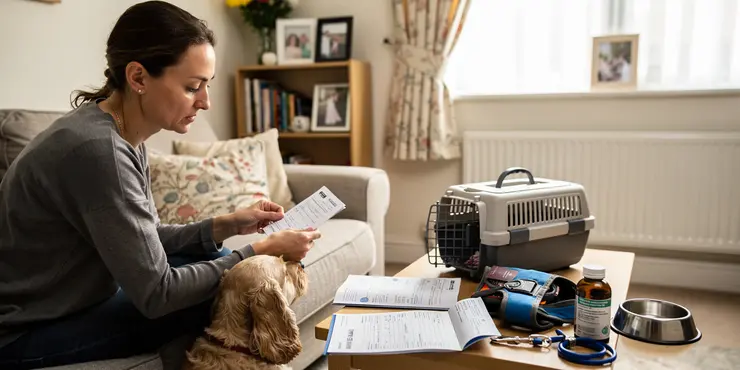
Can I bring my pet to France or Spain from the UK?
Relevance: 18%
-
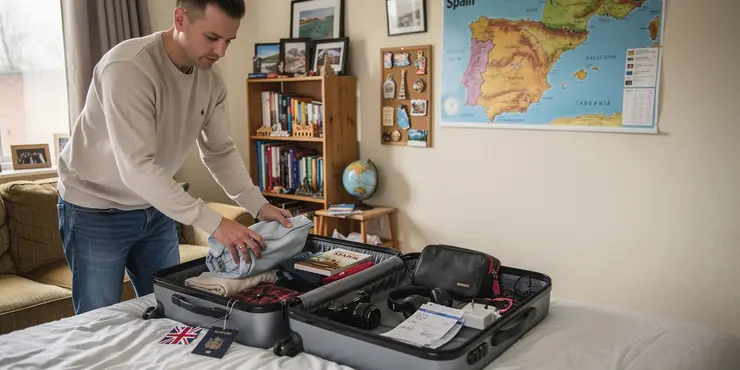
Can UK citizens travel to Spain without a visa?
Relevance: 18%
-
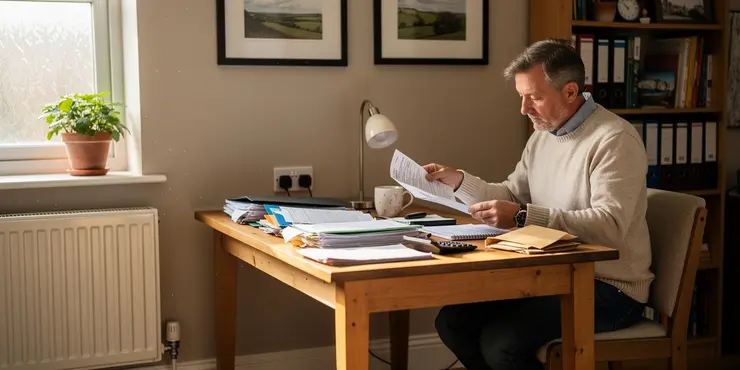
What information do I need to complete my Self Assessment tax return?
Relevance: 18%
-
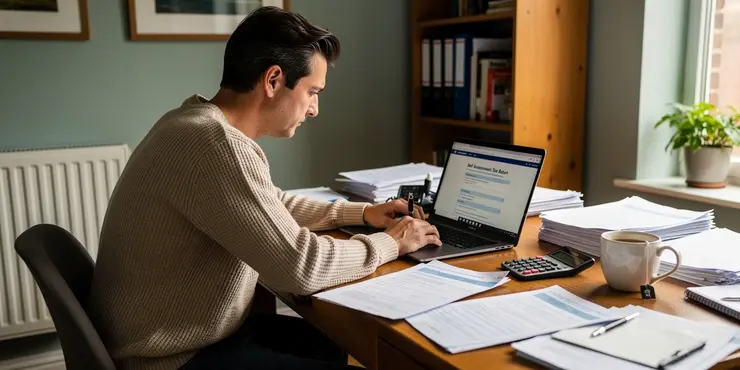
How do I complete my Self Assessment tax return?
Relevance: 18%
-
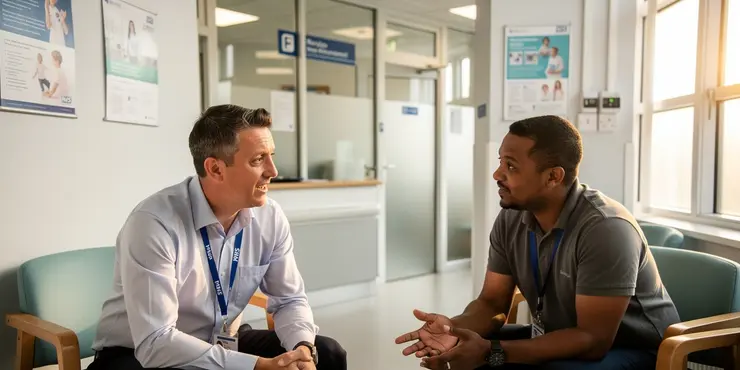
Can UK citizens work in France or Spain without a visa?
Relevance: 18%
-
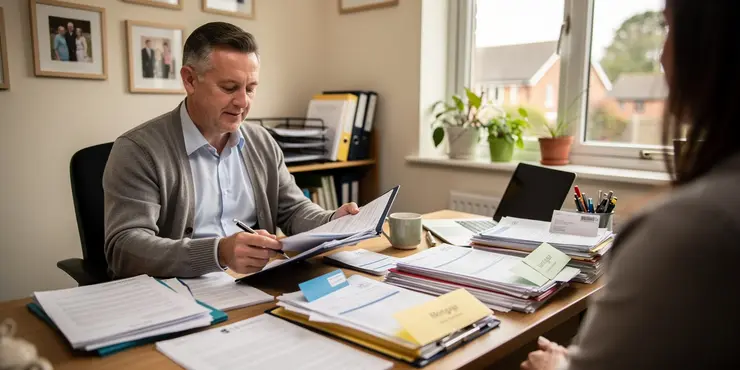
Is it necessary to complete a final tax return for the deceased?
Relevance: 17%
-
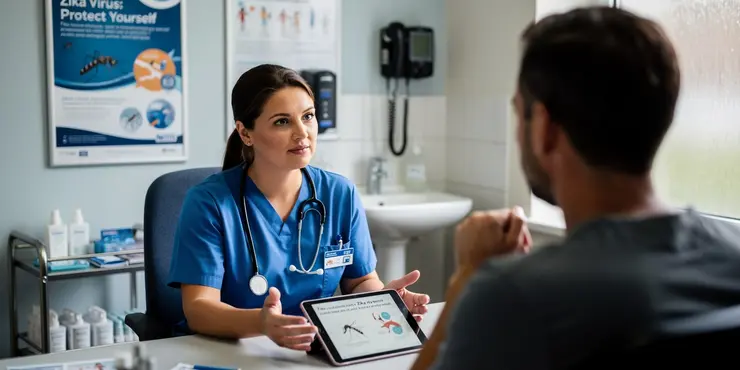
Is Zika virus present in the UK?
Relevance: 17%
-
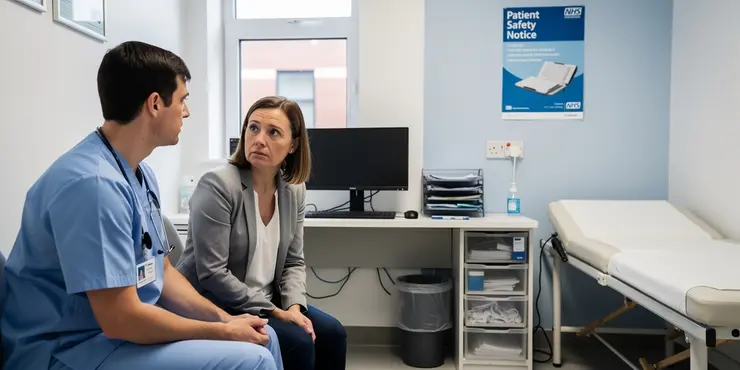
What is a Product Recall in the UK?
Relevance: 17%
-
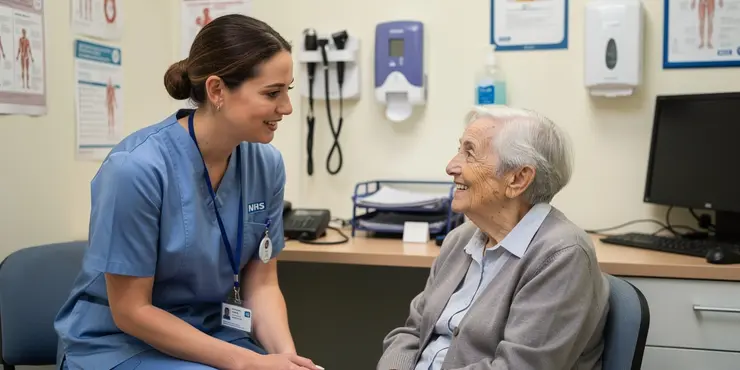
Is the EHIC or GHIC card still valid in France and Spain?
Relevance: 17%
-
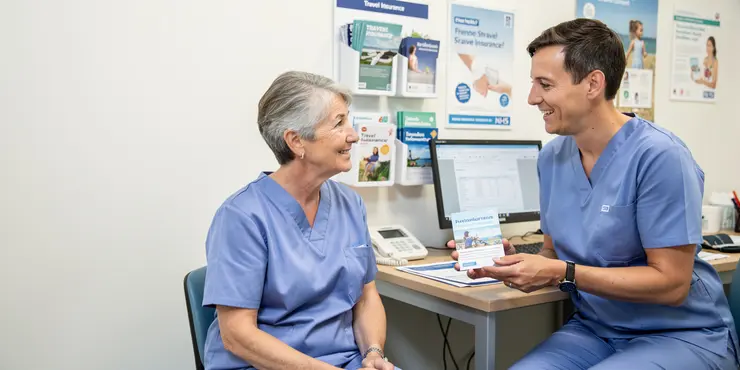
Do UK citizens need travel insurance for Europe?
Relevance: 17%
-
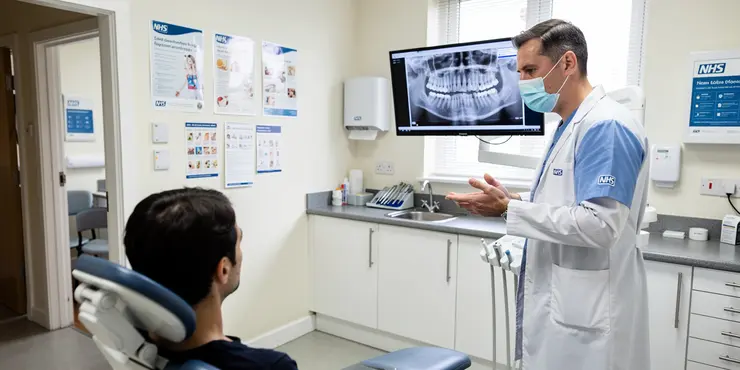
Will Brexit affect my access to NHS dental treatments?
Relevance: 17%
-
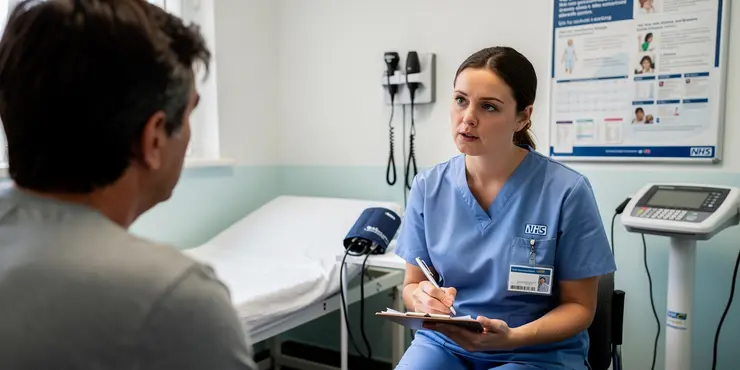
What is a realistic rate of return for an investment ISA?
Relevance: 17%
-
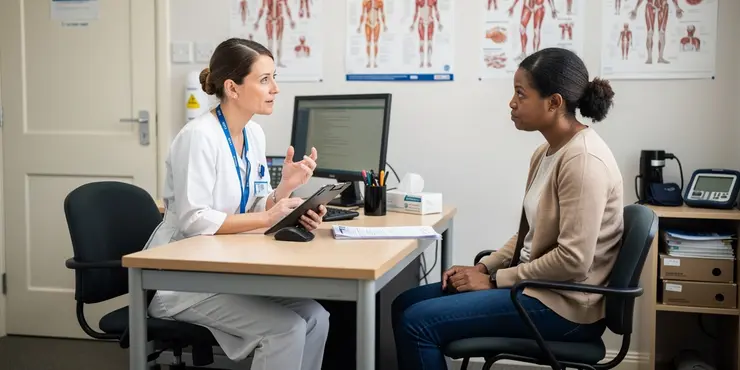
Can scabies return after treatment?
Relevance: 17%
-
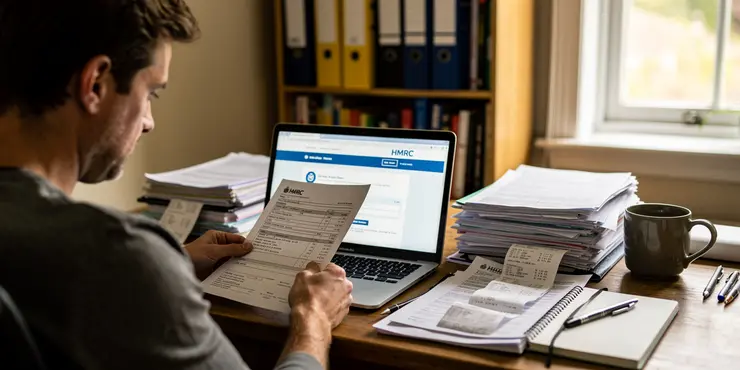
What is an online tax return?
Relevance: 16%
-
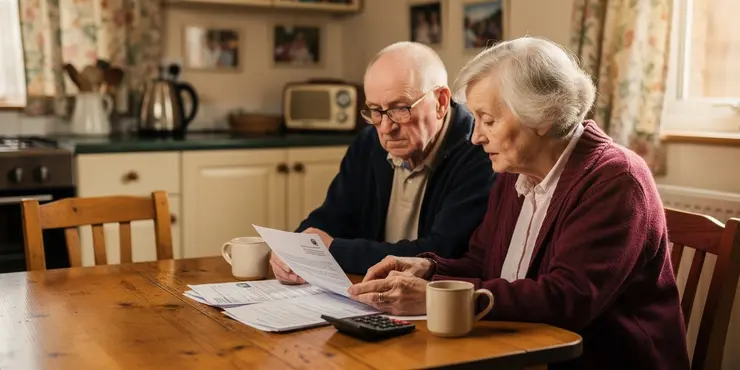
Do I need to report the Winter Fuel Payment on my tax return?
Relevance: 16%
-
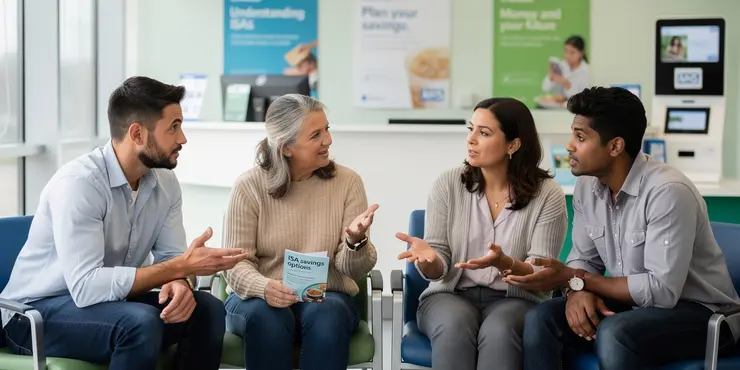
What Is An ISA UK (Should I have an ISA & Different Types Of ISAs)
Relevance: 16%
-
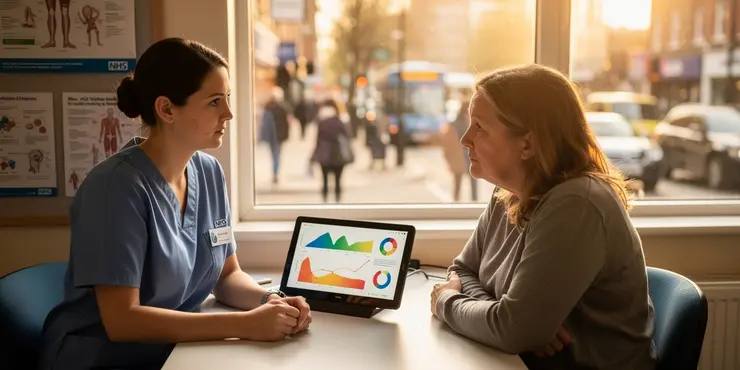
Is UK air quality changing?
Relevance: 16%
-
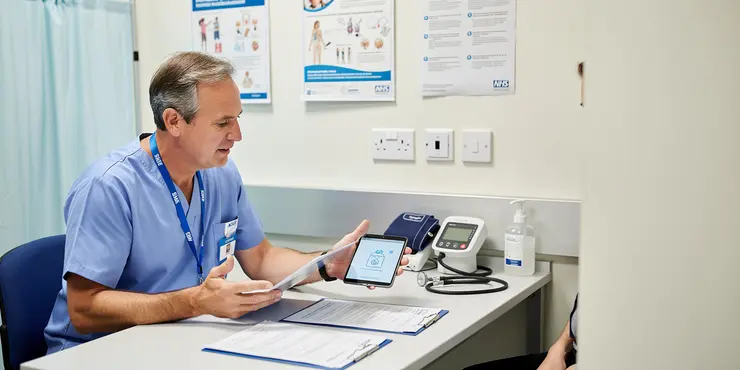
How are product recalls managed in the UK?
Relevance: 16%
-
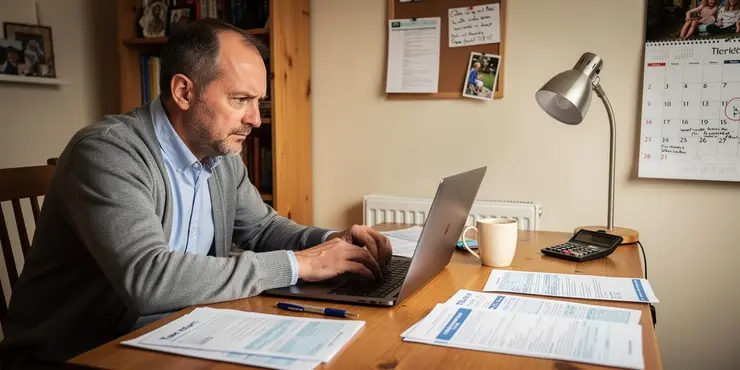
Can I amend an online tax return?
Relevance: 16%
-
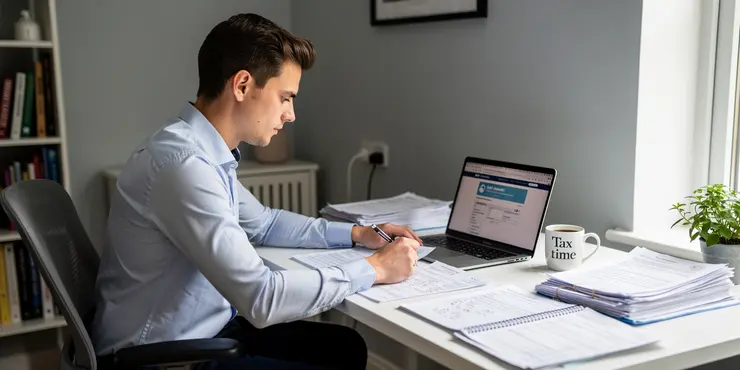
Starting your online tax return
Relevance: 16%
-
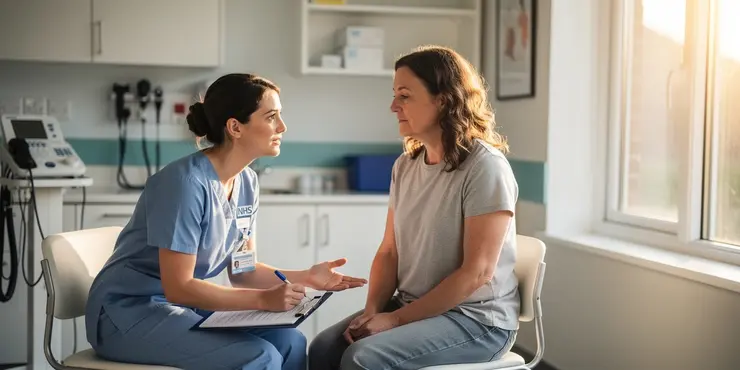
How soon can I return to work after a facelift?
Relevance: 16%
-
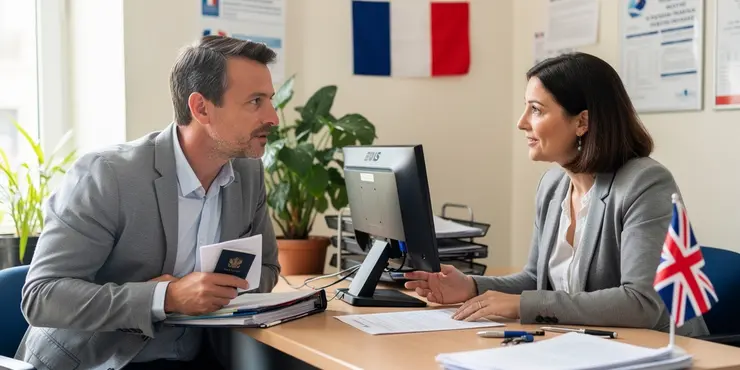
Do UK citizens need to register with local authorities in France or Spain?
Relevance: 16%
-
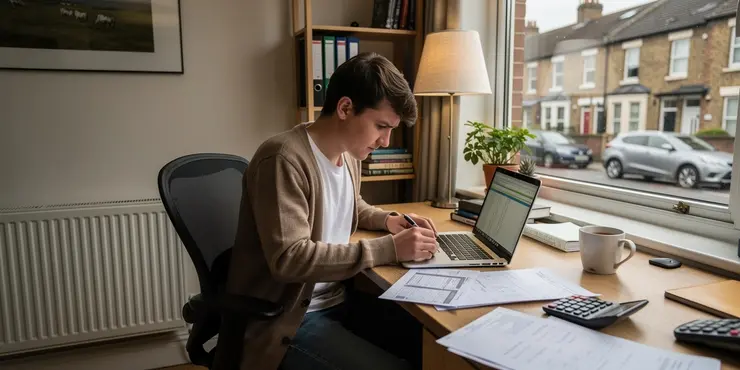
My first Self Assessment tax return
Relevance: 16%
Understanding Import Allowances
When returning to the UK from the EU, you may wonder whether you need to declare any items you've purchased abroad. This is an important consideration, as it affects whether you'll have to pay duty or VAT on your purchases. Post-Brexit, the rules have changed, and travelers need to be aware of the new regulations to avoid any surprises upon re-entry to the UK.
Personal Allowance Limits
The UK government has set allowances on what you can bring into the country without paying tax and duty. For travelers entering the UK from the EU, this means you can bring in a certain amount of goods without having to declare them. The typical allowance limits for goods purchased in the EU include up to £390 of other goods, a generous allowance by international standards.
Alcohol and Tobacco Limits
If you are bringing back alcohol or tobacco, specific limits apply. You can bring up to 42 litres of beer, 18 litres of still wine, 4 litres of spirits or other liquors over 22% alcohol, or 9 litres of sparkling wine or fortified wine without paying extra. For tobacco, you can bring in 200 cigarettes, 100 cigarillos, 50 cigars, or 250g of tobacco. Exceeding these limits means you must declare the items and potentially pay duty and tax.
What Items Need to Be Declared?
If you've gone over your allowance, acquired goods for resale, or received gifts of substantial value, these need to be declared at customs. Generally, declaring means filling out a form and paying any necessary charges. Most personal purchases within your allowance do not need declaration. However, carrying high-value items or commercial goods requires a customs declaration form to avoid penalties.
Consequences of Not Declaring
Failing to declare items that exceed your allowance or are restricted can lead to confiscation, fines, or further legal action. It's vital to declare items honestly to evade any complications. UK customs are responsible for ensuring that all imports comply with regulations and will act accordingly if any discrepancies are found.
Tips for Travelers
It's good practice to keep receipts for all your purchases, as this will make the process smoother should you need to make a declaration. Also, consider consolidating your purchased goods in a separate bag for easy access. Familiarize yourself with current customs allowances before traveling to ensure you're fully prepared upon your return to the UK.
Final Thoughts
Understanding the requirements for declaring items from the EU when returning to the UK can save you time and hassle at customs. By staying informed and following the necessary procedures, you ensure a smooth return from your travels, without unnecessary fines or delays.
Understanding What You Can Bring Back
When you come back to the UK from the EU, you might think about what you bought on your trip. Do you have to tell the officials about it? This is important because it decides if you have to pay extra money, like duty or VAT. After Brexit, the rules are different now. It’s good to know these new rules, so there are no surprises when you return to the UK.
How Much You Can Bring Without Paying Extra
The UK has rules about what you can bring in without paying extra money. This is called an allowance. If you travel from the EU to the UK, you can bring in some things without telling customs. Usually, you can bring up to £390 worth of stuff. This is quite a lot!
Bringing Alcohol and Tobacco
If you bring back alcohol or tobacco, there are special limits. You can bring up to 42 liters of beer, 18 liters of still wine, 4 liters of spirits or strong drinks, or 9 liters of sparkling wine or stronger wine without paying more. For tobacco, you can bring 200 cigarettes, 100 small cigars, 50 cigars, or 250g of loose tobacco. If you bring more than this, you need to tell customs and might have to pay extra money.
What You Need to Tell Customs About
If you bring more than your allowance, bought things to sell, or got expensive gifts, you must tell customs. Telling customs means filling out a form and paying any extra charges. Most things you buy for yourself are okay as long as they are within your allowance. If you have expensive or commercial items, you must fill out a customs form to avoid problems.
What Happens If You Don’t Tell Customs?
If you don’t tell customs about things over your allowance or things you shouldn’t bring in, they might take them away. You could get a fine or have legal issues. It's very important to be honest and tell them everything, so you don't have trouble. Customs makes sure everything going into the UK follows the rules.
Helpful Tips for Traveling
Keep your receipts for everything you buy. This helps if you have to tell customs about them. Also, try putting all the things you bought in one bag. It makes it easier if customs wants to see them. Before you travel, learn about what you can bring back. This way, you’re ready when you return to the UK.
Remember This
Knowing what you need to tell customs when you come back to the UK from the EU can save you time and trouble. If you know the rules and follow them, you can have a smooth trip back home without any fines or delays.
Frequently Asked Questions
Do I need to declare items bought in the EU when returning to the UK?
Yes, you may need to declare items if they exceed your personal allowance or if you're bringing restricted or prohibited items.
What is the personal allowance for bringing goods from the EU to the UK?
As of current regulations, the personal allowance for goods brought into the UK from the EU is £390 for adults. However, it is advised to check the latest government guidelines as these limits can change.
Are there any items that I must always declare when returning from the EU?
Yes, you must declare any prohibited or restricted items, such as firearms, certain food products, and items over the personal allowance.
What happens if I do not declare items bought in the EU?
Failing to declare items could result in penalties, confiscation of goods, or a fine.
Do I need to declare gifts bought in the EU?
Yes, gifts are included in your personal allowance, so they must be declared if they exceed the limit.
Is there a duty to pay on all items I declare?
Customs duty is only payable on items that exceed the personal allowance, and certain goods may be subject to specific duties.
How do I declare items when arriving in the UK from the EU?
You can declare items by passing through the ‘red channel’ at customs or using a paper declaration form, and in some cases, online declarations prior to arrival.
Are personal belongings purchased in the EU, such as clothing, exempt from declaration?
Personal belongings need to be declared if their total value exceeds the personal allowance.
Do I need to keep receipts of purchases from the EU?
Keeping receipts can be useful for proving the value of purchased items if questioned by customs.
Are there any exceptions to the declaration rule for items bought in the EU?
Some products, such as certain food items or pharmaceuticals, are subject to specific restrictions and must be declared regardless of value.
Is there any limit on the amount of cash I can bring from the EU?
Yes, you must declare if you're carrying £10,000 or more (or equivalent in another currency) in cash into the UK.
Do duty-free items from the EU require declaration?
Duty-free items are also subject to the personal allowance limits and must be declared if those limits are exceeded.
What should I do if I am unsure about whether to declare an item?
If in doubt, it is best to declare the item. You can also contact UK customs for guidance.
Can I bring food items purchased in the EU back to the UK?
Some food products are restricted or prohibited. You should check for any specific import restrictions before travel.
Are personal electronics bought in the EU taxable when brought into the UK?
Personal electronics count toward your personal allowance and must be declared if their total value exceeds the limit.
What are the consequences of under-declaring purchased items?
Under-declaring can lead to penalties, which may include fines or a requirement to pay any owed duty.
How are items valued for customs purposes when declaring?
Items are usually valued at their purchase price. It is important to retain receipts to verify the item's value.
Do alcohol and tobacco products need to be declared when purchased in the EU?
Yes, alcohol and tobacco have specific limits and allowances. Any amounts above those limits require declaration and may incur duty.
Are there special rules for medications purchased in the EU?
Yes, medications might have restrictions and may require proper documentation. It's vital to consult regulations before traveling.
Where can I find official information on customs regulations for returning to the UK from the EU?
The official UK government website provides up-to-date information on customs regulations and allowances.
Do I need to tell someone about things I bought in the EU when I come back to the UK?
When you come back to the UK from the EU, you might have to tell a person at the border about the things you bought. This is called 'declaring items'.
Here are some tips to help you:
- Keep all your shopping receipts. This helps you remember what you bought.
- Write a list of the items you bought. This makes it easy to tell the border person.
- Ask for help if you find it hard to understand border rules. You can talk to a worker there or use pictures and signs.
It's okay to ask questions if you're not sure what to do. There are people there to help you.
Yes, you might have to tell customs about the things you bring if they cost more than what you are allowed or if they are not allowed in the country.
How much can I bring from the EU to the UK without paying tax?
If you buy things in the EU and bring them to the UK, adults can bring items worth up to £390 without paying extra money, called duty. But rules can change, so it’s good to check the newest guidelines from the government.
Tip: You can ask someone to help you check the latest rules online and tell you what they say.
Do I need to tell anyone about certain things when I come back from the EU?
When you come back from the EU, you might have to tell someone about certain things you are bringing. Here are some tips to help:
- Use a checklist to remember what you need to say.
- Ask someone for help if you are not sure.
- Look for signs at the airport or ask a worker.
You have to tell people if you are bringing things that are not allowed, like guns, certain types of food, or stuff that costs more than you are allowed to bring without telling anyone.
What if I don't tell about things I buy in the EU?
If you don't tell people about the things you have with you, you might get in trouble. You could have to pay money as a penalty, the things could be taken away, or you might get a fine.
Do I have to tell anyone about gifts I bought in the EU?
Yes, gifts are part of your personal allowance. You need to tell someone if your gifts are more than the limit.
Do I have to pay money for everything I tell customs about?
You only pay extra money called "customs duty" if what you bring goes over your personal limit. Some things might have their own special fees.
What do I need to tell when I bring things into the UK from the EU?
When you travel, you can tell the customs officers about the things you have in two ways. You can go through the ‘red channel’ at the airport, or you can fill out a paper form. Sometimes, you can also tell them online before you arrive. Using simple language helps. If you need help, ask someone. You can also use symbols or pictures to understand better.
Do I have to tell anyone if I buy clothes in the EU?
If you buy clothes in the EU and bring them home, you might wonder if you need to tell someone or fill out a form.
Here’s what you can do to find out:
- Ask an adult for help.
- Use a computer or phone to look online for rules about bringing back things you bought in the EU.
It’s always good to check, so you don’t get into trouble.
You need to tell someone if the things you bring are worth more than you are allowed to bring for free.
Should I save my shopping receipts from the EU?
It's a good idea to keep your shopping receipts when you buy things from the EU. This helps you remember what you bought.
Ask someone you trust if you need help with keeping receipts. You can use a folder or a box to store them. There are also apps to help keep receipts safe on a phone or computer.
Keeping your receipts is helpful. It shows how much you paid for things if customs ask.
Do you always have to tell about items from the EU?
Some things, like some foods or medicines, have rules. You must tell someone if you are bringing them, no matter how much they are worth.
Can I bring a lot of cash from the EU?
Do you want to know if you can bring a lot of money from Europe? Let's find out!
When you travel, you can bring as much money as you want. But, if you have more than 10,000 euros (or the same amount in another money), you need to tell the border people.
Here's a helpful tip: You can use a calculator to help you work out how much money you have. Also, you can ask someone for help to fill in any forms if you need to tell the border people about your money.
If you have £10,000 or more in cash, you must tell someone when you bring it into the UK.
Do you need to tell anyone about tax-free items from the EU?
You can buy some things without tax, called duty-free. You can only get a certain amount, called a personal allowance. If you buy more than this amount, you must tell the people at customs.
What if I don't know if I should tell someone about an item?
If you're not sure, it's best to tell someone about the item. You can also ask UK customs for help.
Can I take food bought in the EU into the UK?
If you buy food in the EU, can you bring it to the UK?
Here’s how to make it easier:
- Pictures or symbols can help you remember.
- Ask someone to read with you.
- Use a pen to highlight important words.
Some food cannot be brought into the country. Check the rules about bringing food with you before you go.
Do you pay tax on gadgets bought in the EU when you bring them to the UK?
When you buy things like phones or tablets in the EU and bring them to the UK, you might have to pay tax. Check how much you can bring without paying tax. This is called your 'allowance'.
If your gadgets cost more than your allowance, you might need to pay something called 'duty' or 'VAT'. These are types of taxes.
Sometimes, using a calculator can help you work out if you need to pay taxes. You can also ask someone you trust for help.
Your gadgets, like phones or tablets, are part of your travel things. You need to tell the airport people if they cost more than the allowed amount.
What happens if you don't tell the right price for things you buy?
If you say you paid less money for something than you really did, this is called under-declaring.
This can cause problems:
- You might have to pay a fine. This is extra money you need to pay as a punishment.
- You might not be able to buy things from that place again.
- It can cause trouble when you try to get money back if the item breaks or goes wrong.
It's important to always tell the true price of what you buy.
Here are some tips to help you:
- Keep your receipts to remember how much you paid.
- Use a calculator to check your totals.
- Ask a friend or family member for help if you are unsure.
If you don't report the right amount, you might get into trouble.
This could mean paying a fine or having to pay what you owe.
It's a good idea to get help if you find this hard. You can ask someone you trust or use helpful tools.
How do you find out what things are worth for customs?
Things you buy are worth the same as what you paid for them. Keep your receipts to show how much these things are worth.
Do you need to tell someone when you buy alcohol or tobacco in the EU?
When you buy things like alcohol or cigarettes in the EU, do you need to let someone know? This means telling the people at the border when you travel.
If you are not sure, you can ask for help. You can use pictures or videos to understand better. Some apps can also read the words out loud for you.
Yes, there are rules about how much alcohol and tobacco you can have. If you have more than the limit, you must tell someone and might have to pay extra money.
Are there special rules for medicines bought in the EU?
Yes, there are special rules. Here’s what to know:
- Check if the medicine is allowed in your country. Some medicines in the EU might not be okay to take home.
- Ask a doctor if it’s safe for you. Always be sure the medicine is right for you.
- Read the label carefully. Look for how much to take and when.
- Use a translator app. If the label is not in your language, use an app to help you understand.
Remember to keep medicine in a safe place. If you need help, ask a grown-up or a healthcare provider.
Yes, some medicines might have rules. You might need special papers. It is important to check the rules before you travel.
Where can I find rules about bringing things into the UK from the EU?
You can visit the UK government website for the latest rules.
If you find it hard to read, you can ask a friend or family member to help.
You can also use a tool that reads the website out loud.
The UK government's website has the latest information on customs rules and what you can bring into the country.
Useful Links
This website offers general information and is not a substitute for professional advice.
Always seek guidance from qualified professionals.
If you have any medical concerns or need urgent help, contact a healthcare professional or emergency services immediately.
Some of this content was generated with AI assistance. We’ve done our best to keep it accurate, helpful, and human-friendly.
- Ergsy carfully checks the information in the videos we provide here.
- Videos shown by Youtube after a video has completed, have NOT been reviewed by ERGSY.
- To view, click the arrow in centre of video.
- Most of the videos you find here will have subtitles and/or closed captions available.
- You may need to turn these on, and choose your preferred language.
- Go to the video you'd like to watch.
- If closed captions (CC) are available, settings will be visible on the bottom right of the video player.
- To turn on Captions, click settings .
- To turn off Captions, click settings again.
More Items From Ergsy search
-

Do I need to declare items bought in the EU when returning to the UK?
Relevance: 100%
-

Do I need to declare my ISA income on my tax return?
Relevance: 38%
-

Can UK citizens use mobile phones in the EU without extra charges?
Relevance: 36%
-

Do I need any vaccine injections for EU countries?
Relevance: 31%
-

Do children need a separate passport to travel to the EU?
Relevance: 30%
-

What are the rules for travel to France, Spain, and Europe on a UK passport?
Relevance: 26%
-

Are there any customs regulations to be aware of when entering France or Spain?
Relevance: 26%
-

Are there border checks for UK travelers entering France or Spain by car?
Relevance: 23%
-

Who needs to file a Self Assessment tax return?
Relevance: 22%
-

Can personal items be buried with the deceased?
Relevance: 22%
-

What items can I send to someone in prison?
Relevance: 21%
-

How do I file VAT returns?
Relevance: 20%
-

Navigating Post-Brexit Family Law Changes
Relevance: 20%
-

What items should I wash if I have bed bugs?
Relevance: 19%
-

How should household items be cleaned after a scabies infection?
Relevance: 19%
-

How are ashes returned to the family?
Relevance: 19%
-

What is a Self Assessment tax return?
Relevance: 18%
-

Can I bring my pet to France or Spain from the UK?
Relevance: 18%
-

Can UK citizens travel to Spain without a visa?
Relevance: 18%
-

What information do I need to complete my Self Assessment tax return?
Relevance: 18%
-

How do I complete my Self Assessment tax return?
Relevance: 18%
-

Can UK citizens work in France or Spain without a visa?
Relevance: 18%
-

Is it necessary to complete a final tax return for the deceased?
Relevance: 17%
-

Is Zika virus present in the UK?
Relevance: 17%
-

What is a Product Recall in the UK?
Relevance: 17%
-

Is the EHIC or GHIC card still valid in France and Spain?
Relevance: 17%
-

Do UK citizens need travel insurance for Europe?
Relevance: 17%
-

Will Brexit affect my access to NHS dental treatments?
Relevance: 17%
-

What is a realistic rate of return for an investment ISA?
Relevance: 17%
-

Can scabies return after treatment?
Relevance: 17%
-

What is an online tax return?
Relevance: 16%
-

Do I need to report the Winter Fuel Payment on my tax return?
Relevance: 16%
-

What Is An ISA UK (Should I have an ISA & Different Types Of ISAs)
Relevance: 16%
-

Is UK air quality changing?
Relevance: 16%
-

How are product recalls managed in the UK?
Relevance: 16%
-

Can I amend an online tax return?
Relevance: 16%
-

Starting your online tax return
Relevance: 16%
-

How soon can I return to work after a facelift?
Relevance: 16%
-

Do UK citizens need to register with local authorities in France or Spain?
Relevance: 16%
-

My first Self Assessment tax return
Relevance: 16%


